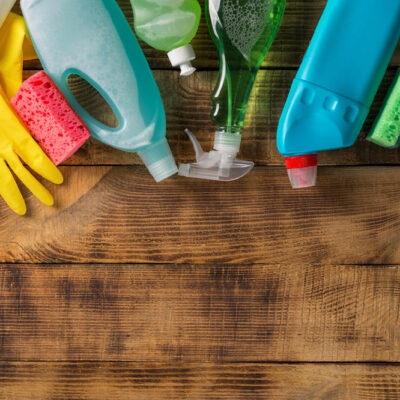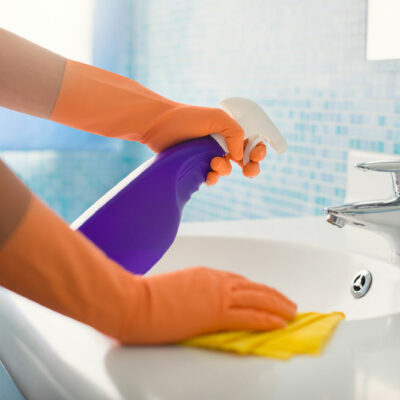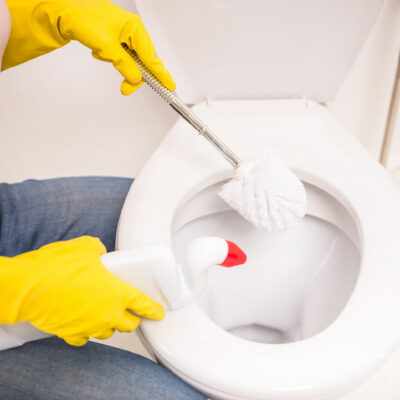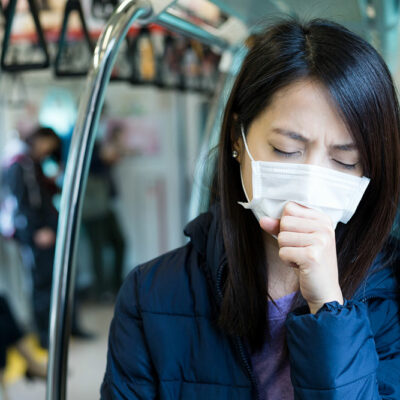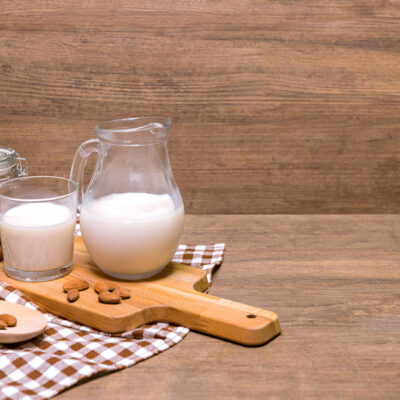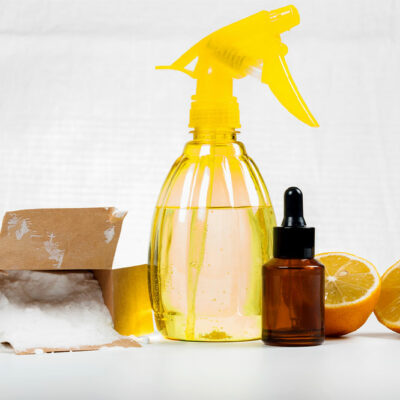
Save money with these effective DIY detergents
Do you constantly worry about having to repurchase expensive laundry detergent? Or are you hunting for a cheaper alternative every time you are loading up on home essentials in the supermarket? Have you been disappointed time and again with the lackluster results of store-bought detergents? Well, here’s an easy solution to all your worries. DIY detergents are easy alternatives; you can save money and eliminate toxic ingredients. Homemade detergent powder An easy and convenient way of cleaning up the laundry and saving money is putting together your own powder detergent. To begin with, grate a bar of soap; use a box grater to speed up the process. Next, add a cup of washing soda and borax to the grated soap. Next, mix the ingredients together well and store them in an airtight container. The resultant detergent is safe to use for anyone since it does not contain harsh chemicals and costs less than a branded laundry detergent. Homemade detergent liquid With just four ingredients, you can make your own liquid detergent that is safe to use. Bring out the bar of Fels Naphtha soap and grate one-third of the bar. Use 3 cups of water to melt this grated soap and simmer till the soap has completely melted.
Read Article 
